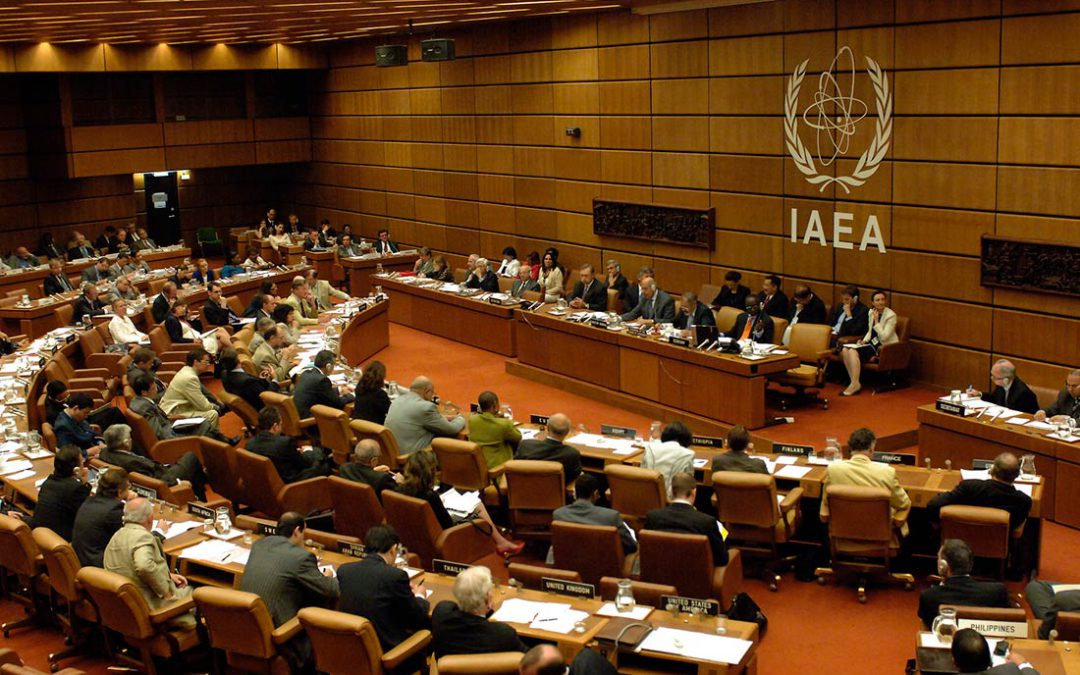by Jingnan Huo
WASHINGTON — The Mar-a-Largo summit between Chinese leader Xi Jinping and U.S. President Donald Trump is sending ambiguous signals about North Korea at best, but what is clear is that Trump has changed the equation for China and put South Korea in a more delicate situation, experts say.
“Everyone’s role has to change now. I don’t think anyone is ready for that,” said Jenny Town, assistant director of the US-Korea Institute at the Paul H. Nitze School of Advanced International Studies, John Hopkins University, on the role of the U.S. China, and South Korea in dealing with a North Korea relentlessly pursuing its nuclear ambitions in an interview.
“The U.S. is trying to push North Korea to the negotiating table by firing missiles at Syria,” said Dennis Wilder, who served as senior director for East Asia affairs at the National Security Council under President George W. Bush.
“The goal is not to destroy North Korea or to have Kim (Jong Un) out of power. The goal is peace and stability on the peninsula, whatever way to achieve that,” said Wilder.
He also said that Trump’s threats against North Korea should carry more weight with the country’s leader because “Trump is not bluffing.”
But Town said the U.S. action against Syria would not intimidate North Korea into changing its ways. “It’s going to backfire. North Korea has already been threatened in the past. This is not going to make them soft,” she said.
Another expert also said there is little chance North Korea will give up its nuclear ambitions because its nuclear capability is growing, and it gives Kim leverage and legitimacy, noting that economic sanctions seem to have had little effect on the North Korean elite.
South Korea will have to juggle defending itself against a belligerent neighbor while maintaining good relations with China, a major trade partner, and the U.S., which provides defense support, Scott Snyder, director of the Program on U.S.-Korea Policy at the Council of Foreign Relations, said in an interview.
Furth complications are the Trump administration’s inexperience and South Korea’s transition of power following the impeachment of (President) Park Geun-hye, Snyder said. “The new government is more likely to be aggressive than the current government, and so there’s possibly some more tension between the U.S. and South Korea. “
Town predicted the two countries would have “some value clashes in the near future.“
In the past, the U.S. has been more of a restraining force, stopping South Korea from overreacting, but, she said, “clearly that’s not going to be the role of the U.S. under this administration.”
Snyder agreed, saying South Korea “will be opposed to U.S. unilateral military action against North Korea unless it was designed to stop a North Korea action that was threatening to the U.S. or South Korea.”
But Wilder said the South Korea needs to take a long-term view toward U.S. military action, saying it could make South Korea safer in the long run.
Twenty years of negotiating with North Korea has taught the U.S. that negotiating with the Kim regime doesn’t work, Wilder said.
China will have to choose between keep supporting Kim’s nuclear program and live with the consequences of a U.S. unilateral military action, he said. “China doesn’t have to support regime change in North Korea…. It just needs to explain to Korea that nuclear weapons will not make them safer.”
“At this point, any president that decides to try to … pull North Korea into a nuclear discussion — just the act of even attempting this, regardless of the outcome — it’s going to get lots of criticism,” said Town.
Snyder said the two most undesirable outcomes of the North Korea nuclear program are North Korea becoming a nuclear state or U.S. military action to stop it, but other options are falling by the wayside.


